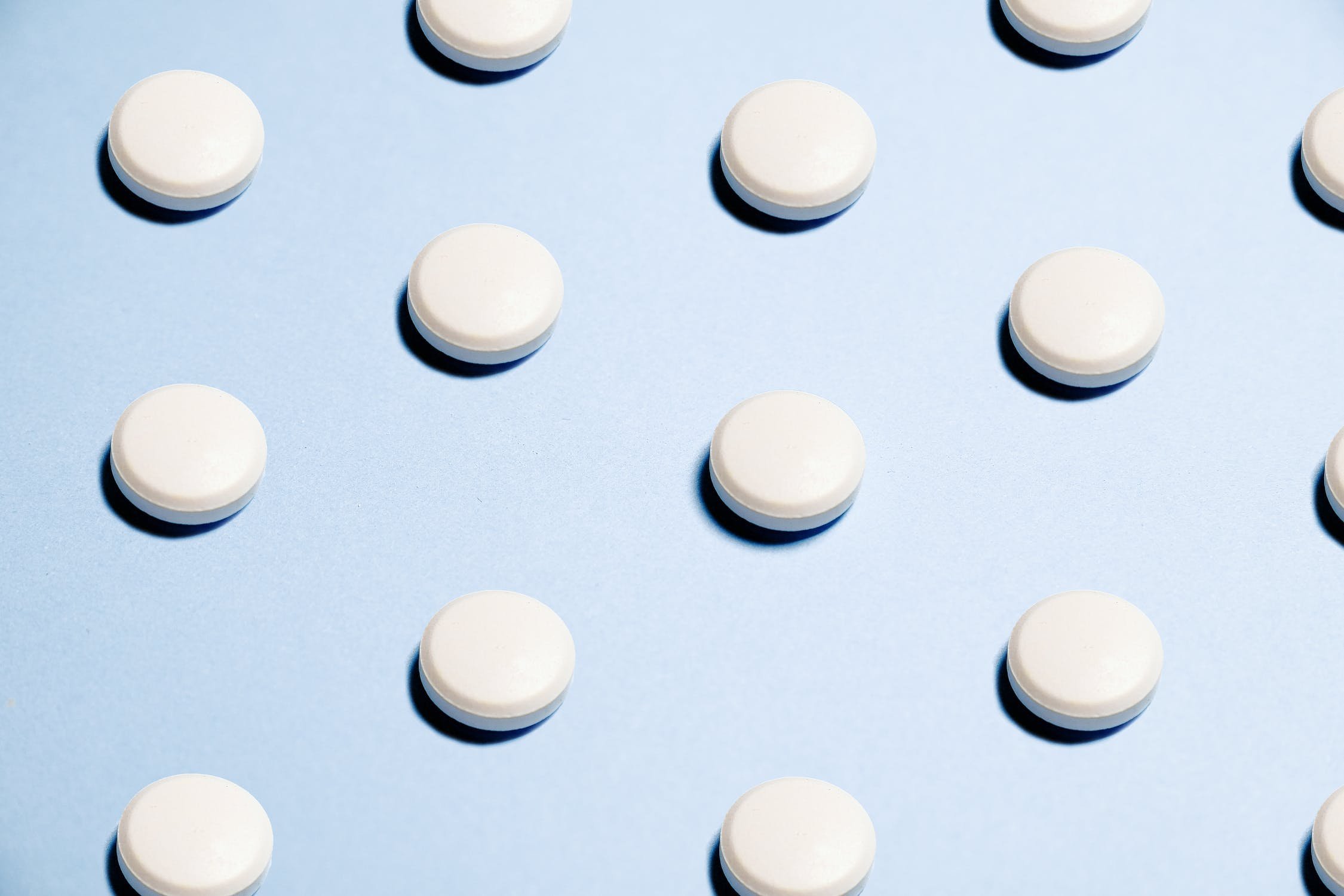Revisiting the Pill: 60 years later
WORDS BY GEORGIA NOLAN.
The Pill, first approved in 1960, was, and is, revolutionary for women. Women can now say yes to sex without the looming fear of having a baby. They don’t have to be forced into unplanned motherhood or undergo several abortions. Even now, the pill has become not just a contraceptive but a way to balance out hormones, ease endometritis and heavy periods, and clear acne. It’s many different properties make it almost magical, a “fix-all” solution. But is that really the case?
Don’t get me wrong, I believe the pill has made women’s lives much better overall. But I also believe there’s been a major oversight in how most of the world, in particular the medical industry see the pill.
I’ve been on the pill once in my life. I was 18 and prescribed Brenda-35 ED for my hormonal acne. And it worked. But, it also came with a string of unpleasant side effects. I got random bouts of nausea, constant bloating which negatively affected my body image (I used to want to skip class because I was so self-conscious about it), and I could not, for the life of me, become physically strong. Deep down, I was unhappy.
So, I decided to go off it. And, though my skin got worse, I couldn’t give rat’s arse. I felt so much better.
3 years later, and I fall into a discussion with my co-workers on the inadequacy of medical professionals prescribing medicine to women. It strikes a memory in me, of how I was so easily given a script for Brenda, without even being told of the side effects. Wanting to listen to other women’s experiences on the pill, I searched for confessional videos on YouTube. I found dozens.
“I didn’t even realise how bad I felt until now” Youtuber Stephanie Ledda claims in a confessional video. Ledda experienced severe digestive issues, including bloating, and insomnia. After taking an exhaustive blood test, she was told her liver functions were highly unusual – one liver enzyme extremely low (linked to malnutrition), the other super high (linked to fatty liver and hepatitis). Being suggested it may be the pill, Ledda decided to research online. She found numerous medical journals on links between oral contraceptives and liver complications. “So, I was like, you know what, this is a no-brainer, I’m going to get off the pill.” (Ledda). After 5 months, Ledda’s liver functions returned to normal. Not only that but her mood improved, she stopped bloating and could gain muscle tone, her libido slightly increased, and she felt more confident in herself.
Countless other online YouTubers have gone on the same journey as Ledda, such as Lucie Fink, xameliax, and Karen Berndt, all finding that their quality of life significantly improved. These women were also like me, hastily given a script for the pill without being notified of any potential side effects.
Amelia from YouTube channel xameliax took Cerozette, a progestogen-only pill, for 10 years before deciding to go off it and experience her natural cycle. Amelia stopped bloating, her skin (surprisingly) improved, she became less depressed and anxious, and had an increase in libido. Like Ledda, she confirms being more confident after going off oral contraceptives. “I feel a million times lighter,” Amelia claims, “I feel like my most authentic self.” (xameliax).
And because I am a serious and seasoned academic, I also decided to peruse forums on birth control on Reddit.
Some Redditors describe their experience on the pill as easy and beneficial, claiming ‘it’s just a matter of finding the right pill’ (Rosydoodles). Others describe ‘awful creeping side effects’ such as ‘mood disturbances, plummeting sex drive, [and] weight gain’ (mocchan). Opinions on oral contraceptives and whether they had more benefits or more downsides were 50/50.
And yes, it may just be a matter of finding the right pill. But what if there were other, better solutions? A pill with very little side effects, for women or even men? Well, I think one of the reasons we haven’t got this miracle pill is the complete lack of research on it in the first place.
I only came across few journal articles exploring the link between negative side effects - in particular, mood changes - and the pill.
In a 2020 journal article on oral contraceptives effect on stress reactivity and brain structure, it was found that ‘blunted stress reactivity can be a risk factor for depression and that adolescent OC [i.e., Oral Contraceptive] use is related to greater vulnerability to depression diagnosis in adulthood’ (Fiksdal et al.; Anderl et al). ‘Prolonged OC use during puberty’ was also linked to ‘altered neurodevelopment’ including affecting ‘stress reactivity’ (Sharma et al). Whilst none of the research suggests dire consequences in starting the pill during adolescence, there is data which indicates a slight deficit in emotional regulation and reactivity as compared to adolescent non-pill users.
The contraceptive pill: how safe is it? (2018) also explored the link between teenage depression and the pill. Danish studies revealed a 70 percent increase of antidepressant use in pill users. Additionally, teenage girls on the pill were twice more likely to be depressed and suicidal than teenage girls who were not on the pill.
Though these recent documentaries, articles, personal accounts are all steppingstones into addressing the potential failures of the pill, there is simply not a large enough body of research investigating these failures.
Women, or men for that matter, shouldn’t suffer just because they don’t want to have a baby. There should be better options out there for oral contraceptives, ones that don’t lower a person’s quality of life.
60 years ago, the pill was one of the best things that happened for women, and still is, but it’s 2022 – modern medicine can do better.
So why don’t they?
EDITORIAL NOTE: This article has been reuploaded and was originally published in 2022.
